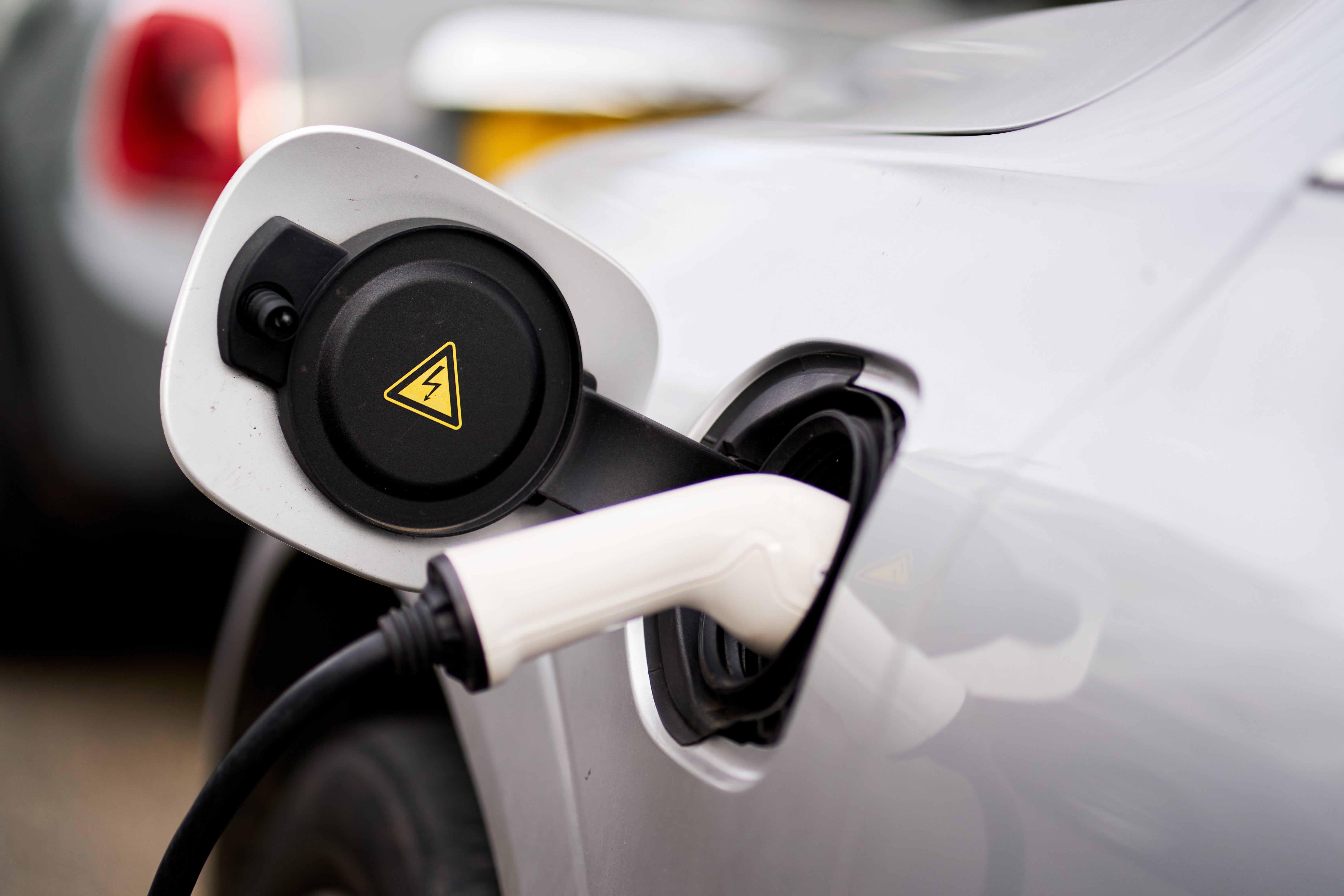Ofgem to slash costs for building electric car charging stations
Companies that install charging points sometimes need to pay to reinforce the grid.

Your support helps us to tell the story
From reproductive rights to climate change to Big Tech, The Independent is on the ground when the story is developing. Whether it's investigating the financials of Elon Musk's pro-Trump PAC or producing our latest documentary, 'The A Word', which shines a light on the American women fighting for reproductive rights, we know how important it is to parse out the facts from the messaging.
At such a critical moment in US history, we need reporters on the ground. Your donation allows us to keep sending journalists to speak to both sides of the story.
The Independent is trusted by Americans across the entire political spectrum. And unlike many other quality news outlets, we choose not to lock Americans out of our reporting and analysis with paywalls. We believe quality journalism should be available to everyone, paid for by those who can afford it.
Your support makes all the difference.Ofgem has proposed that large electric car charging sites should not have to pay a connection fee as it tries to encourage a switch to electric driving.
The energy regulator said that new electricity users should no longer have to pay to reinforce their local network.
If a new site needs so much electricity that more capacity is needed in the local grid, the company which runs the site has to pay for upgrades under the current system.
This makes it especially expensive in areas where the grid has low capacity levels, or is already under strain.
“We are proposing to remove connection charges for these network reinforcements, and instead recover these costs through the ongoing network charges paid by all users of the distribution system,” Ofgem said.
“This will make it cheaper to install new electric vehicle charging stations in the locations they are needed.”
The reinforcement of local grids will instead be paid for through the bills of all network users. However new users in an area where there is no grid will still need to pay up front for the system to be extended.
The UK will have to decarbonise most of its transport system if it wants to be able to reach its net zero target by 2050.
According to the Committee on Climate Change, which advises the Government the number of electric vehicles could rise from half a million today to 14 million by 2030.
To support this, a network of charging points will be needed across the country.
Our electric vehicle priorities not only provide a way to meet our climate change targets but importantly offer ways to protect consumers from rising bills
Ofgem director of strategy and decarbonisation Neil Kenward said: “Electric vehicles will revolutionise the way we use energy and provide consumers with new opportunities, through smart products, to engage in the energy market to keep their costs as low as possible.
“Our electric vehicle priorities not only provide a way to meet our climate change targets but importantly offer ways to protect consumers from rising bills, through a three-prong approach of increased use of electric vehicles, smart charging and vehicle-to-grid technology which together can help drive down costs for all GB bill payers.”
Ofgem also wants to maximise the benefits of “smart charging” – where cars are charged outside of peak electricity use hours.
It wants to support vehicle-to-grid electricity sales, which will use car batteries to sell electricity back into the system when demand is high.
Taken together, these two technologies “could reduce peak demand equivalent to the generation capacity of up to 10 large nuclear power stations”, Ofgem said, and would push down bills even for those who do not own electric cars.
Randolph Brazier at the Energy Networks Association said: “Working with a flexible regulator has allowed the networks to bring forward investment of £300 million to support a Green recovery, much of which will enable the connection of more charging points.
“The ability to make early investments like this, as well as developing innovative solutions to enable a better, net zero energy system for customers across the country, is one we welcome.”